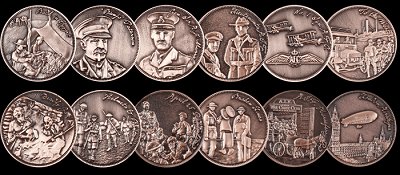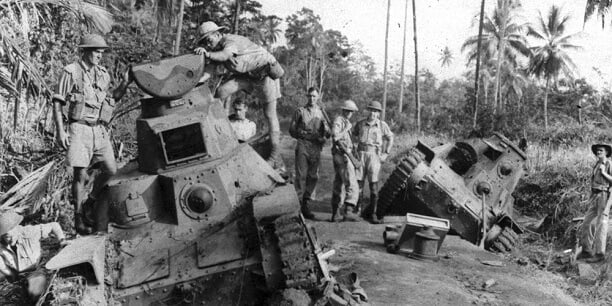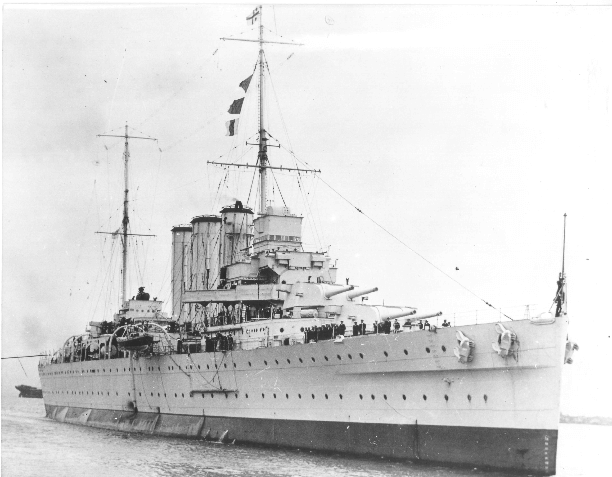
Was WWI just 25 April 1915
Image: Veteran Steve Wilson ready to share history
For generations of Australian primary school children, the First World War was fought at Gallipoli. For those of us old enough to have sipped warm state-funded milk at playtimes we awed at tales of the Landing and the heroics of Simpson and his donkey; the fight at Lone Pine; and the tragedy of the Nek, but little else was taught.
In some ways, it is the same today. The national curriculum mandates children in Year 3 learn about significant days such as Anzac Day, which is an opportunity to retell the Gallipoli tale, but there is nothing else in the curriculum in the primary school years that addresses the stories of the Western Front, Egypt and Palestine, or the way this war to end all wars impacted Australians at home.
This is why the current Anzac Centenary is an important opportunity. It is a chance to share an understanding of the times and people the centenary commemorates. For the very young it is not about gory details of trench life (although the runaway success of the BBC’s Horrible Histories program shows that children love a bit of gore in their takes!). Rather it is about helping them appreciate that this war happened from 1914 to 1918 (or ‘19 for the technically minded) and it shaped the world in which we all live. Importantly it is also about sharing pride in those who served, and who continue to serve, our country.
 Diary pennies add a special aspect to the story
Diary pennies add a special aspect to the story
Fortunately, many teachers in the other early school years have taken it on themselves to create lessons linked to the centenary and children are engaging with great interest. There is also the Australia in the Great War Penny Diaries, which are helping thousands of families connect to the stories of ordinary people who lived in and through one of the most defining periods in Australian history.
The diaries, which have been adopted by a number of educators, capture Australia’s story in the First World War. The history-based fictional diary is a massive undertaking that brings together historians, writers, artists, designers, editors and artisans. Each member of the AGW team shares a passion for history and for sharing that history. It is a family of like-minded people who together create an engaging, entertaining and educational record of events so that we can all share pride in Australia’s Centenary of Anzac.
The newest member of the family is writer Steve Wilson, a former Army NCO with 21 years’ service and a current reservist who also serves as Small Arms Coach in Townsville's 3rd Brigade. Steve has written and published a number of military related novels and short stories and has a keen interest in the history of Australian military.
“I'm a firm believer in keeping military history alive within our community,” he said. “The causes and conduct of some of our past conflicts were predictable and perhaps preventable. The best means to avoid our past mistakes is to learn from the past, and military history is an undertaking well-suited to this.”
Steve, who takes over from Graham Wilson (no relation) who sadly passed away last year, says the task of researching and writing the diaries is no small undertaking.
“I thoroughly enjoy writing this journal. I thought I had a sound appreciation of Australia's involvement in the First World War. How wrong I was! Delving into Unit Diaries of the time and examining events at home and in the trenches in greater detail than ever before has opened my eyes to what an enormous undertaking these Diaries are.”
Explore the available diaries today and share the story.










